Corals Die as Global Warming Collides with Local Weather in the South China Sea
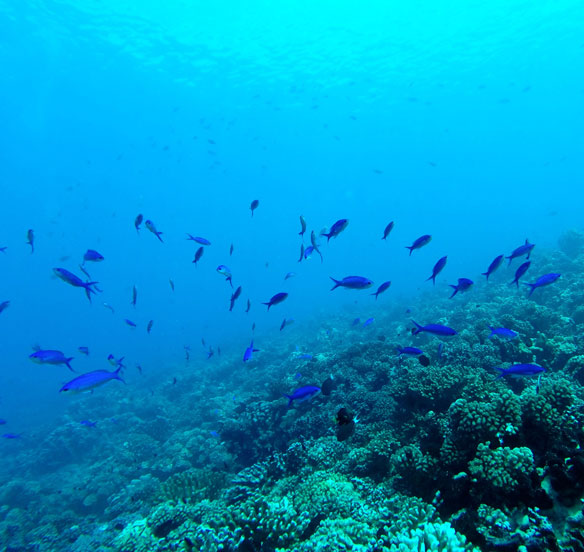
In the South China Sea, a 2°C rise in the sea surface temperature in June 2015 was amplified to produce a 6°C rise on Dongsha Atoll, a shallow coral reef ecosystem, killing approximately 40 percent of the resident coral community according to a study published in Scientific Reports this week.
Dead zones may threaten coral reefs worldwide
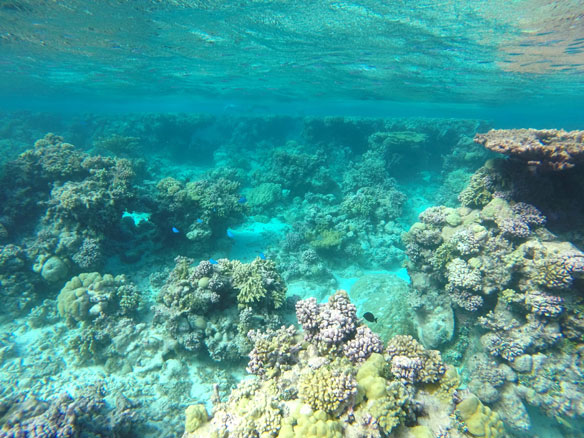
Dead zones affect dozens of coral reefs around the world and threaten hundreds more according to a new study. Watching a massive coral reef die-off on the Caribbean coast of Panama, they suspected it was caused by a dead zone – a low-oxygen area that snuffs out marine life – rather than by ocean warming or acidification.
Ship crashes into ‘pristine’ coral reef, captain may be charged
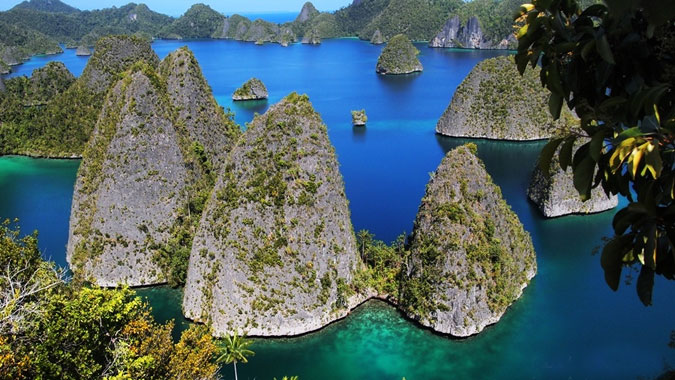
The captain of a cruise ship could be charged after his boat rammed into a pristine coral reef. The 297-foot (90.6 meter) MS Caledonian Sky crashed into the reefs at Raja Ampat on March 4. Raja Ampat is frequently included on lists of the the world’s most beautiful coral reefs and is often described as an “untouched” beach paradise.
War on global warming only way to save world’s coral, study says
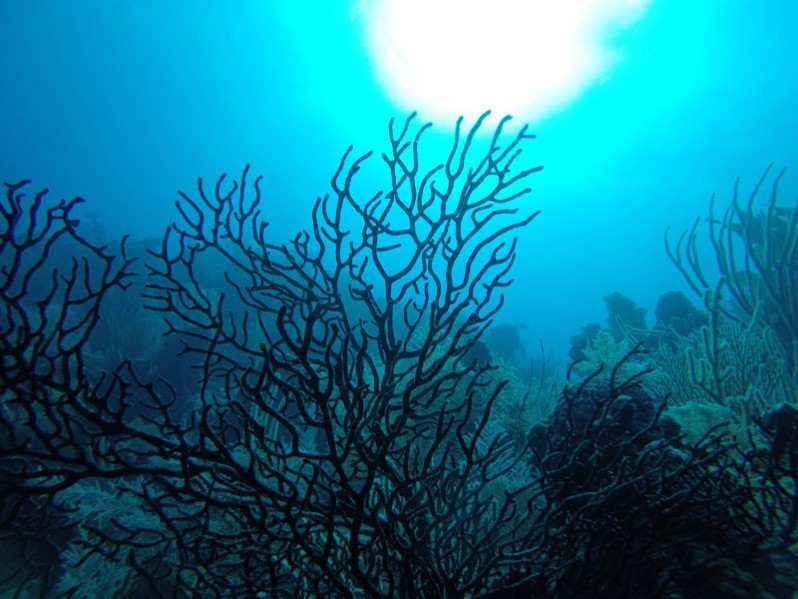
Reducing pollution and curbing overfishing won’t prevent the severe bleaching that is killing coral at catastrophic rates, according to a study of Australia’s Great Barrier Reef. In the end, researchers say, the only way to save the world’s coral from heat-induced bleaching is with a war on global warming.
Greenpeace images show Great Barrier Reef suffering coral bleaching for second year in a row
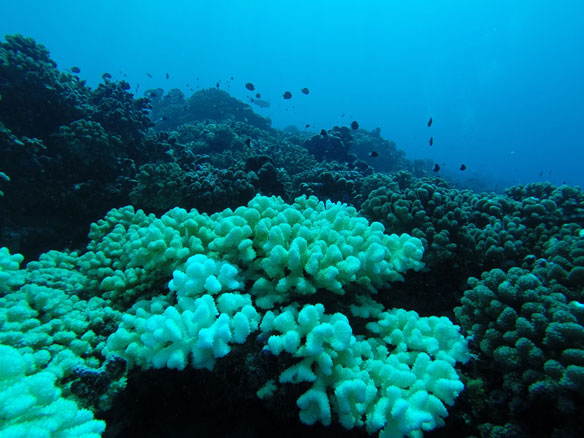
Greenpeace Australia Pacific today releases shocking photos and footage documenting the Great Barrier Reef’s first severe coral bleaching to happen two years in a row. The bleaching is the result of 12 months of above-average sea temperatures, which is “cooking the reef alive”.
50 Reefs Initiative Is Good News For Coral Reefs
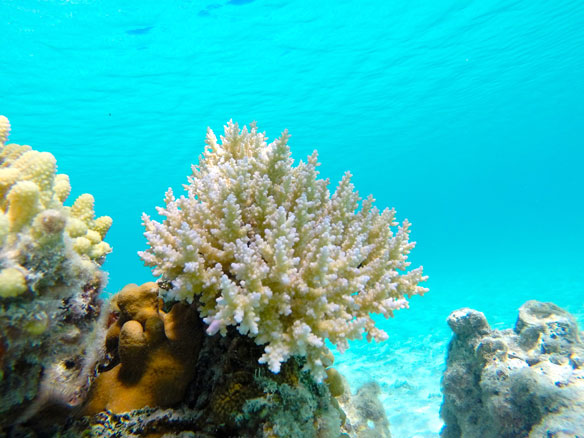
Coral reefs are in crisis. The facts are clear: without a different approach to conservation, coral reefs will continue to decline toward extinction. However, an announcement last week in Bali, Indonesia gave us some new reasons to be hopeful.
Red Sea Mangroves Fight Back in the Face of Global Decline
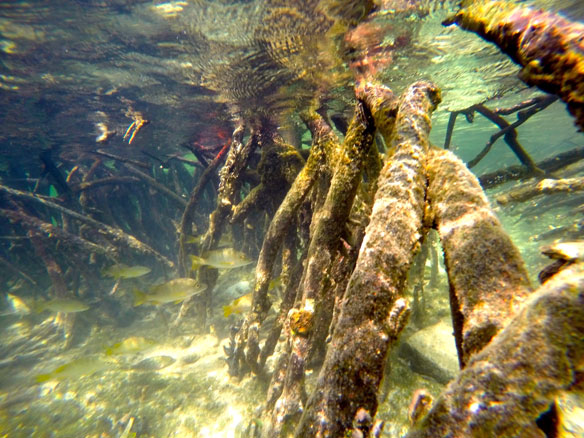
The Red Sea is one of the world’s saltiest and warmest seas. It is an extremely harsh environment surrounded by desert and subject to very high temperatures. However, there has been no decline in mangrove stands in the Red Sea, where the extreme conditions seem to mean that the mangroves of the Red Sea have been subjected to much lower levels of human activity than elsewhere.
Cost-effective solutions to sediment runoff and other land-based pollution affecting West Maui reefs

Land-based pollutants have been linked to the degradation of several Hawaiian reefs. Between 2000 and 2015, coral cover on West Maui’s northern reefs has dramatically declined from 30 percent to 10 percent.
Where the land meets the sea: Governing mangrove forests
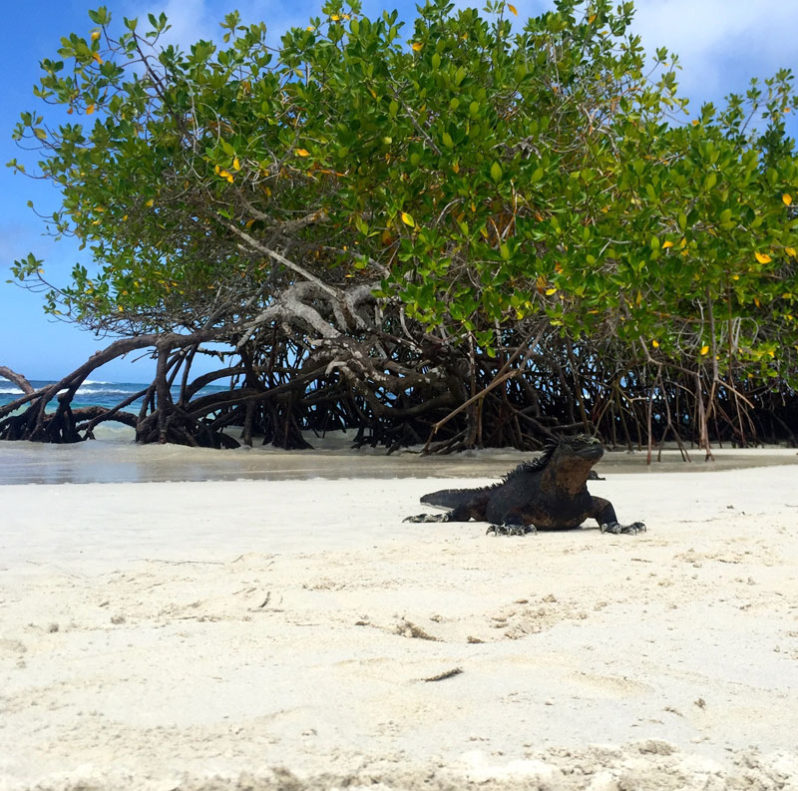
As countries ponder how to encourage mangrove conservation, the role of people, rights, and governance institutions should receive equal consideration.
